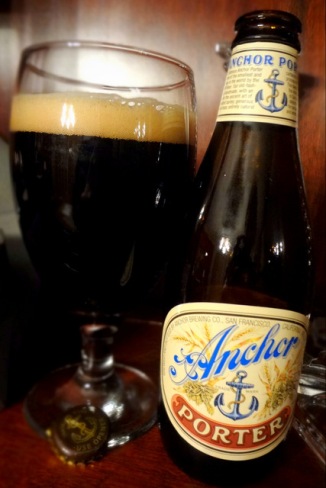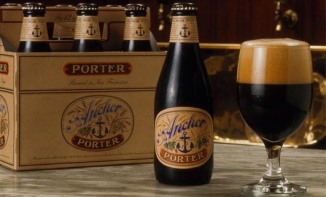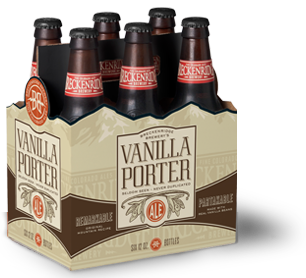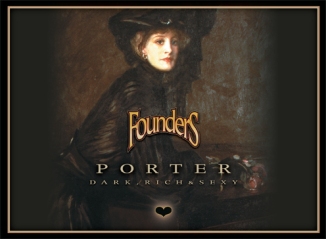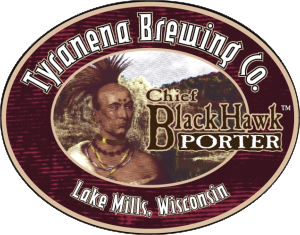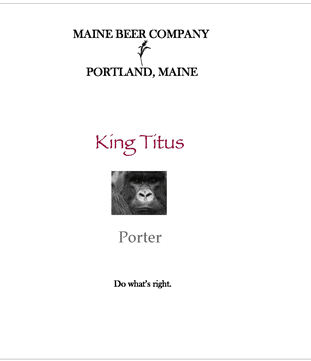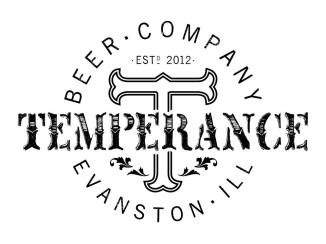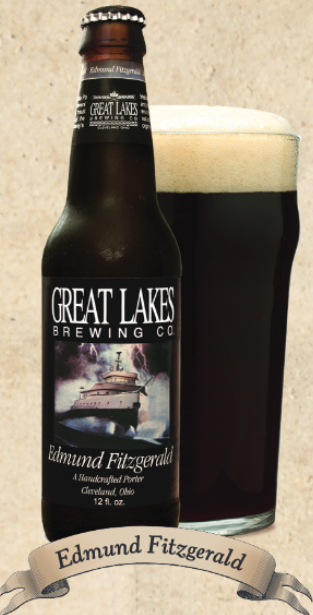 CONTINUING A TRADITION naming beers after local legends and lore, Great Lakes’ Edmund Fitzgerald honors a freighter that sank in Lake Superior during a late autumn tempest in 1975. Though the brewery’s home of Cleveland, Ohio doesn’t border Lake Superior in the slightest, the vessel’s lingering legacy—mysterious and melancholy—is an appropriate match for this formidable porter. And while the freighter’s tale is a tragic one, the beer’s has become a triumph: it won gold at GABF on its maiden voyage (1991) and today remains revered as an icon of the style. Admittedly, beer laurels are scant consolation to the kin of those lost in the storm. But at least it ensures a dignified class to each toast raised in their remembrance.
CONTINUING A TRADITION naming beers after local legends and lore, Great Lakes’ Edmund Fitzgerald honors a freighter that sank in Lake Superior during a late autumn tempest in 1975. Though the brewery’s home of Cleveland, Ohio doesn’t border Lake Superior in the slightest, the vessel’s lingering legacy—mysterious and melancholy—is an appropriate match for this formidable porter. And while the freighter’s tale is a tragic one, the beer’s has become a triumph: it won gold at GABF on its maiden voyage (1991) and today remains revered as an icon of the style. Admittedly, beer laurels are scant consolation to the kin of those lost in the storm. But at least it ensures a dignified class to each toast raised in their remembrance.
Some porters are modest in their use of kilned grains and diverge from brown ales in nothing but name. Not so the Edmund. Its color is almost black, at least until the dregs when the edges take on a dark deep copper. The head is somewhat paler, though, off-white but not nearly tan. Roasted grains are quite strong in the aroma, especially when fresh into the glass with a bit of char brought on from the roasted barley. The beer’s other specialty malts are Caramel 77 and Chocolate—enough to give it complexity, but not enough to make the aroma gummy or indistinct. The next waves are of dark coffee and chocolate, black bread and moderate amounts of toast, each distinct but flowing so naturally as to efface all sharp edges. A dash of vanilla helps lighten the bouquet along with equally judicious hop notes—florals, a bit of spice (Northern Brewer and Willamette), and a faint zest of citrus (Cascade). Swirling releases a few garnishes of sweeter esters—a bit of licorice or currants—but these are quickly smeared back into the pure dark malts with a dollop of molasses.
The initial mouthfeel is velvety smooth, though this beer is hardly a full-bodied sugar bomb. The estimated Plato of 4.5 is a touch high, but a growing roast sensation draws that sweetness down as it approaches the finish, accompanied by solid but unobtrusive bitterness (37 IBUs). A 5.8% ABV rounds out a fairly average stat sheet for robust porter and is nowhere to be found in flavor or finish. The generous body is balanced by an ideal carbonation level that gives a slight lasting tickle to the finish along with a little mineral sprinkling. A bit of earthy bitterness on the back also helps keep any residual sweetness in check.
Thus the overall character of the beer is more roasted than chocolaty, though it never strays into stout’s black malt territory. Unlike its fateful namesake Edmund Fitzgerald stays balanced, never listing too far towards any one direction and holding a confident clear course. It’s satisfyingly thick on the tongue and fully capable of pairing with hearty chili or seared meats without confronting them head-on. Indeed, many newer porters may be stronger or more assertive, but few have ever been so effective.
Served: 12 oz bottle best by 7/12/14
Rating: 94
